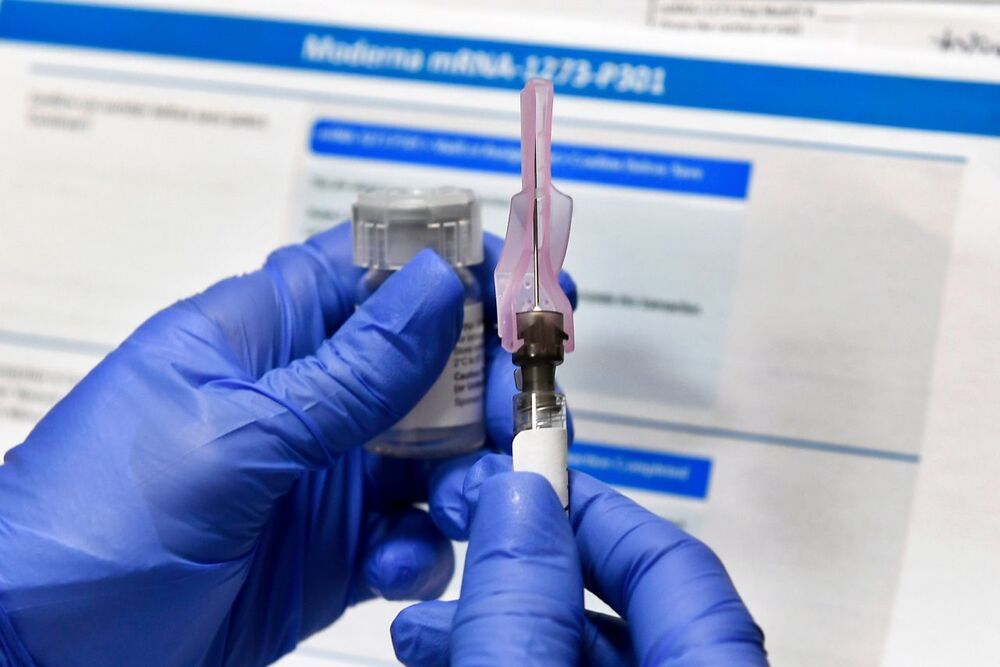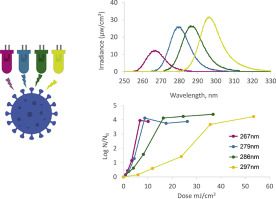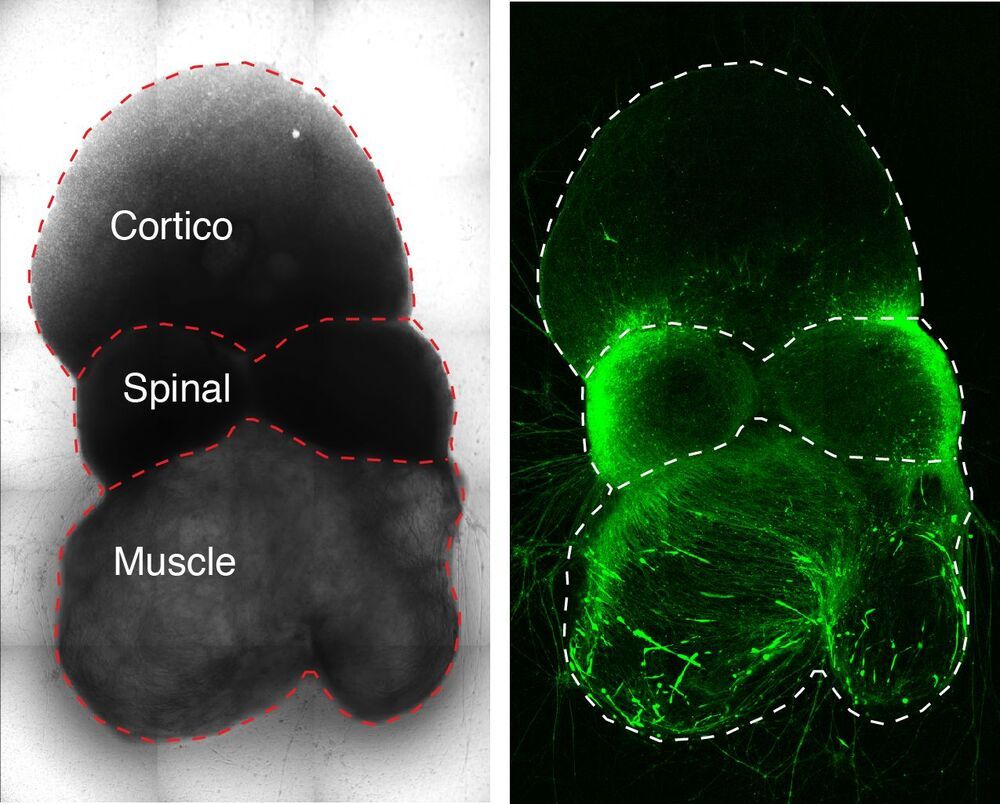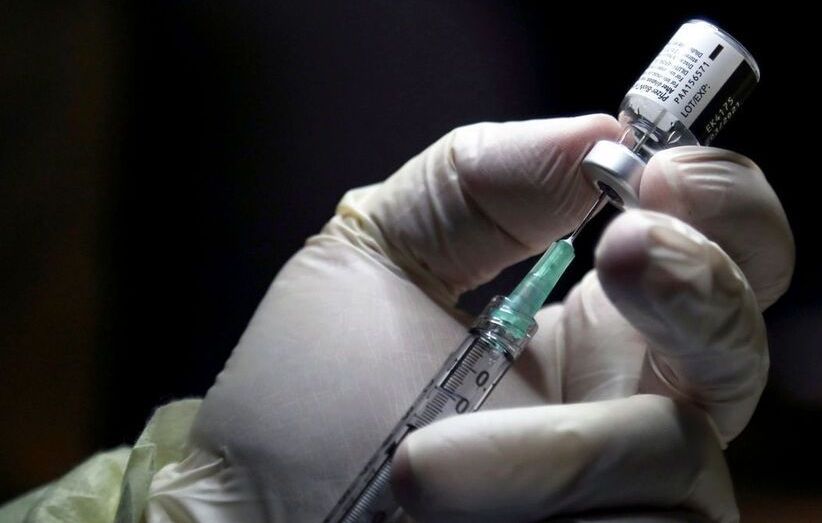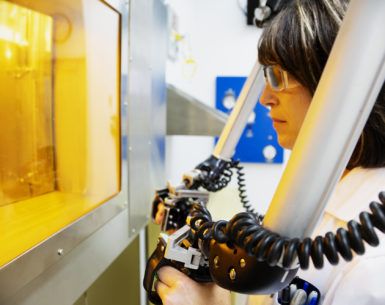Peterborough, ON — Ontario Power Generation (OPG), its subsidiary Laurentis Energy Partners (Laurentis), BWXT ITG Canada Inc. and its affiliates (BWXT) are making significant progress toward the production of molybdenum-99 (Mo-99) at OPG’s Darlington Nuclear Generating Station. Mo-99 is a much-needed medical isotope used in over 40 million procedures a year to detect cancers and diagnose various medical conditions.
Over the past 24 months, a team of more than 100 personnel at BWXT and Laurentis designed specialized tooling at BWXT’s facility in Peterborough to enable the production of Mo-99 at Darlington. The manufacturing of this specialized tooling is currently underway at the same BWXT facility in Peterborough.
BWXT has also built a fabrication facility at its current location in Peterborough to produce Mo-99 components that will be delivered by the specialized tooling, which will be installed at Darlington. The tooling will deliver the molybdenum into the Darlington reactor for irradiation, which will enable Darlington to become the first commercial operating nuclear reactor to produce Mo-99.
“This advanced equipment is an example of how Laurentis is maximizing decades of experience within the nuclear industry for the delivery of innovative solutions,” said Dominique Minière, President of Laurentis Energy Partners. “These milestones represent a considerable step forward in the implementation of this industry-leading technology.”

